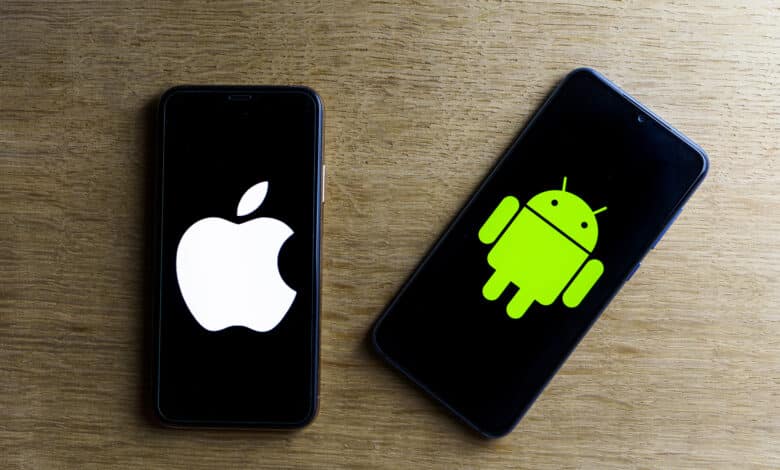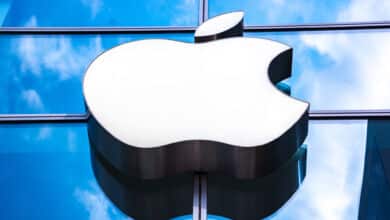
Are you currently planning to buy a smartphone with AndroidOS but own an iPhone? Then you might be worried about your pictures, videos and other data. Apple has now announced that it will make it easier to transfer data from an iPhone to an Android phone.
Apple makes it easier to migrate data to Android phones
Some smartphone owners look at their phone of choice almost religiously. Sometimes you can get the feeling that this phenomenon is particularly pronounced with smartphones from the Apple cosmos. True to the motto “Once an iPhone, always an iPhone”, switching is unthinkable for many. However, this is often not due to a great “love of hardware”. Sometimes it is simply concerns that data transfer is only possible via detours or not at all.
However, Apple has now announced improvements to the problem. This is not just a matter of “goodwill” on the part of the tech company. Rather, Apple is afraid of the consequences of the Digital Markets Act (DMA). The EU regulation, which will apply from 2024, aims to prevent distortions of competition caused by great market power. In order to comply with the requirements, a corresponding solution is to follow in 2025 to make the switch easier. The tech group itself officially announced its plan on Thursday.
Completion in fall 2025
However, it will still take some time before the switch is made easier. According to Apple itself, there will be a corresponding update in the fall of 2025. Many people who have been toying with the idea of switching for some time but have been reluctant to do so due to the time-consuming process will be able to breathe a sigh of relief. The iPhone itself does not currently offer a way to transfer user data and content to a new Android phone.
- More on the topic: Digital Markets Act: iMessage remains exclusive to Apple
Conversely, you can use an app from Google, which can at least send certain data from the iPhone to the Android device. Incidentally, the new service is likely to remain exclusive to the EU unless similar legal requirements are established on the US market and the rest of the global market. This clearly shows that the DMA is slowly but surely picking up speed. The new regulation came into force on March 7, 2024.




